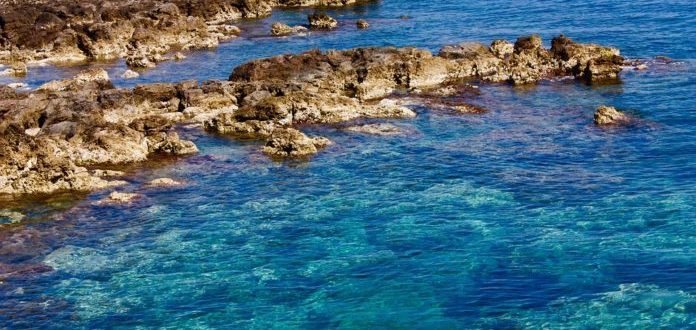COVID – 19, ENVIRONMENTAL CHANGE & RESILIENT SOCIETIES IN THE MEDITERRANEAN: THE MEHMED CONTRIBUTIONS
The effects and impacts of environmental change have gone from being a diffuse reality framed within the academic and scientific field to becoming an increasingly palpable reality and recognized by society as a whole. They are seen as a key problem on the part of public administrations, as well as a serious threat, but at the same time as a business opportunity for companies. In recent years, the demonstrations experienced by the population have been especially circumscribed to the environment of climate change, so for example severe floods or drastic droughts have affected the future of many countries and many people. This kind of situation, that has been amply documented, is having a much harder impact on the Mediterranean countries, among other large regions of the planet. Therefore, the Mediterranean is one of the areas where both training and policies urgently need to be adapted to this new environmental, economic and social reality.
This perception of the importance of environmental change has been dramatically marked by the COVID-19 pandemic, in which we are immersed, and its link to unsustainable development models that have favored deforestation processes and land use and land cover change in many parts of the planet. The model of unsustainable development based on growth that does not respect the limits of the biosphere has favored the contact of humans with species that have remained isolated until now and are the hosts of various types of coronavirus likely to pass to human beings. It is the phenomenon known as zoonosis. Therefore, this terrible pandemic that has endangered the economic well-being of our countries, by for example a dramatic reduction in tourism – one of the main economic sources in the majority of Mediterranean countries – ultimately threatens the well-being of many people. In fact, this is another derivative of the environmental change.
Faced with this reality, what are our options for dealing with it? How should we act to restore optimism in the present and ensure the future for future generations?
- Recognizing the extreme gravity of the situation we are living in, and fortunately fewer and fewer people deny it and more and more people become aware of it.
- Training and research also become key to helping to have people with the knowledge and skills that should allow us to redefine our economy, our society and our lives to be more resilient to this new scenario of present and future.
- Close alliance and collaboration with private companies, NGOs, public administration and the citizenship are needed in order to achieve the goals mentioned previously.
These are precisely the shared objectives of the Master’s developed within the framework of the MEHMED project; we want to train future generations of scientists, technicians and managers who have to draw these resilient societies in coalition with the administration, companies, NGOs and society at large within the framework of a truly innovative ecosystem. So, in the face of climate change and the academic situation we need the same answer, a more resilient society. In order to face both, climate change and Covid-19 (and all the others that will appear), we need to build a more resilient society, and the builders will be taught in the MEHMED master’s.
